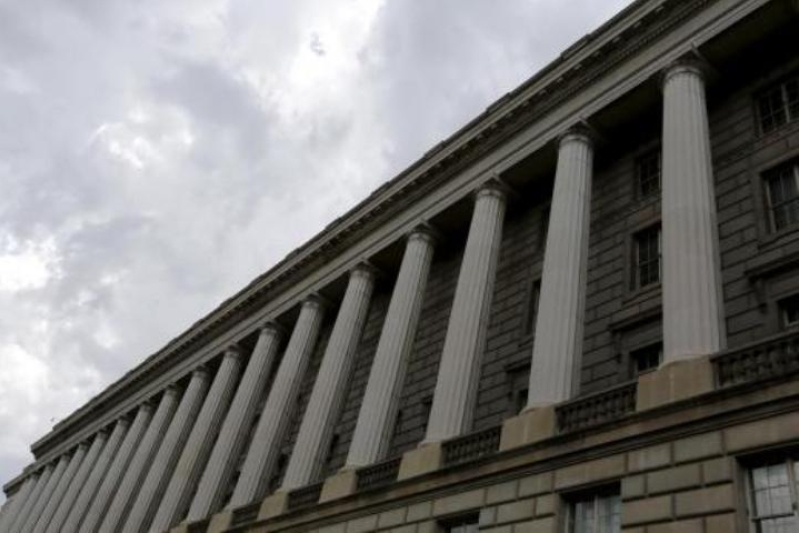
Internal Revenue Service officials last year proposed a regulation by which the managers of churches, ministries and other nonprofit organizations would have to collect and report donors' Social Security numbers for contributions of $250 and up. Last week, IRS representatives announced the concept was officially being dropped, after abundant concerns about security, government overreach and IRS targeting were expressed.
When this IRS proposal appeared on the regulation.gov website, more than 34,000 persons posted comments, the overwhelming majority of them strongly against the proposal, reports the Foundation for Moral Law in a breaking news alert Monday.
Foundation President Kayla Moore expressed appreciation to all who voiced opposition to the proposed regulation, saying, "The IRS decision to withdraw this proposed regulation demonstrates that 'we the people' can get results when we speak out with a strong and united voice. The Foundation for Moral Law pledges to continue its mission as the guardian of religious liberty and constitutional freedom."
John Eidsmoe, senior counsel for the Montgomery, Ala.-based foundation, said the regulation would have imposed an extra record-keeping burden on nonprofits, and that collecting, recording, and transferring this information could result in errors that would create confusion rather than clarity.
He added the proposal came at a time when identity theft is a major concern, and people were being cautioned not to give out their Social Security numbers except when absolutely necessary.
Eidsmoe warned the proposal also could have had a chilling effect on giving, and that donors might refuse to donate or keep their donations below $250 to avoid identity theft.
As reported last month in The Gospel Herald, Kansas Republican Sen. Pat Roberts introduced a bill in the Senate to block the IRS from attempts at making it mandatory for ministries and churches to collect the information.
Illinois Republican Rep. Peter Roskam also has expressed his concerns about the proposal, saying that, "The IRS has not demonstrated its capacity to hold this type of information from confidentiality and a security point of view."
Illinois Rep. Peter Roskam pointed out that, "There's a big caution here. There's a big yellow light that should be flashing."
The IRS claims those who take charitable donations exemptions when they file their taxes either lose or don't keep the documents that prove how much they have given. If the IRS decides to audit, it wants to be able to go back to the churches, ministries or other nonprofits claimed and verified if what taxpayers claim they gave is legitimate, reported The Gospel Herald last month.






